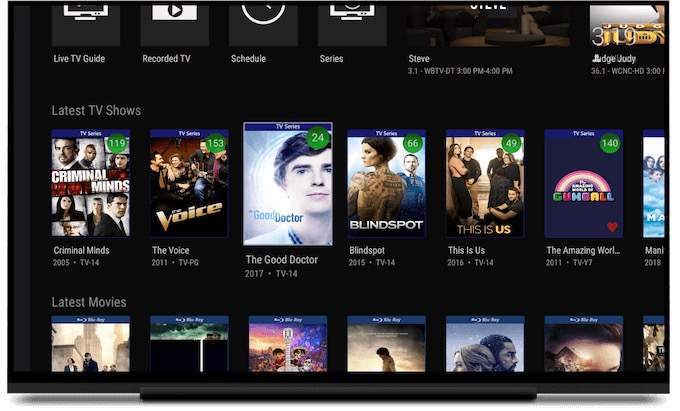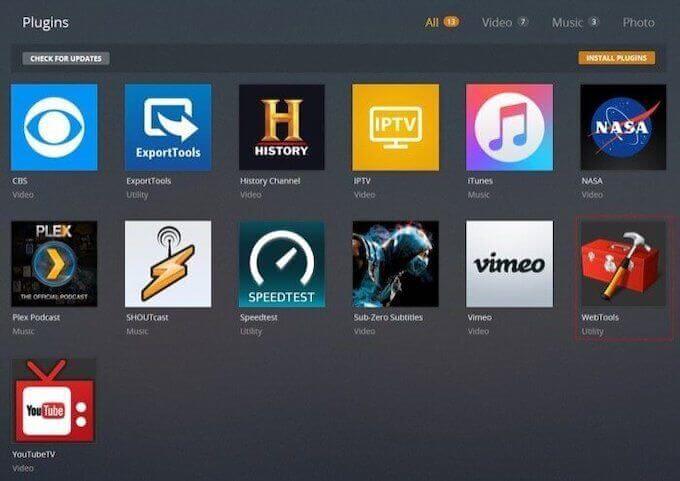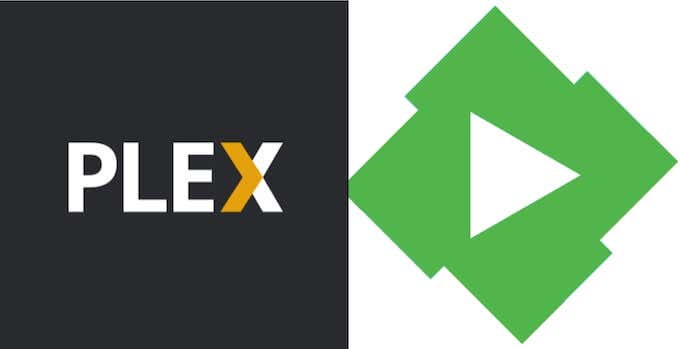Deciding between the two platforms isn’t easy, and you don’t want to choose one and then swap to the other–importing all your media again would be a headache. Take a look at the pros and cons of each platform so you can choose the right option.
The Costs Of Emby Vs Plex
The primary reason anyone uses a media server like Emby or Plex is to reduce costs, whether by eliminating cable or cutting back on the number of subscriptions to Netflix, Hulu, and the like. The first thing to note is that both Emby and Plex are free to use. The subscription services simply offer more features that users can take advantage of. Emby offers three pricing tiers. The monthly subscription is $4.99 per month, while the annual subscription is $54 per year. You can also pay a one-time fee of $119 for lifetime access to all Emby Premiere features, including Emby DVR, cloud sync, and cinema mode.Plex also charges $4.99 per month, but is slightly more affordable with its yearly price of $39.99. The most cost-effective option is the lifetime subscription at $119.99 USD. Plex Pass gives users access to more advanced features like bandwidth caps, better hardware transcoding, and more.
Emby Vs Plex: Features
Both Emby and Plex are media servers for in-home streaming, but users expect more than the bare minimum. For instance, many people seek live TV and DVR functionality–something that both Emby and Plex offer. However, these features are often locked behind the premium subscriptions.Plex allows users to stream their content from their main device to any device on the same network. You don’t need to be a subscriber. On the other hand, Emby only allows free local streaming through the web app, Roku, and Apple TV–a strange collection of services. Remote streaming is a paid feature on both platforms. If you want to stream content from your home media server to your phone while you’re out and about, you will have to pay for it. However, this feature also allows you to download content to your device for offline viewing. Emby has a few features that Plex doesn’t. The first is Cinema Mode, which gives viewers a true cinema-like experience that plays trailers and custom intros before a feature film. With many theaters still closed, this lets you capture that experience at home. Another feature is the Cover Art plugin. It provides users with more than 30 different styles of treatments and overlays, allowing you to customize how your movies look. While Plex does give you the option to change the cover art, it doesn’t have any built-in features like this. You have to rely on third-party plugins.
Add-Ons
The strength of services like Emby and Plex lie in their add-on support. These third-party extensions provide a layer of customization which other official platforms do not. While both Emby and Plex support a number of different extensions, Plex has better support and a wider number of options.The Unsupported App Store is one of the most popular Plex extensions. It’s one of the reasons many people choose to use Plex over other services. It provides access to unofficial Plex channels with content you can’t find anywhere else. You can also find officially-supported add-ons that provide even more content.Both platforms provide access to Trakt Scrobbler, Sub-Zero, and other big-name extensions. The reason Plex has better support is simply due to its age; because the service has been around longer, it has more extensions and a larger community.
Compatibility
You want to have access to your content no matter the device. Both Emby and Plex support all major operating systems for both phones and desktop PCs, as well as most streaming boxes. The differences in compatibility lies not with what you can view content on, but where you can play sound.Plex has a leg up when it comes to compatibility. It supports Sonos and Android Auto, two services that Emby does not. This might not seem like a point of contention, but the ability to play audio over your sound system can make or break a streaming platform.
Emby Vs Plex: Privacy
Users want privacy in their services. You don’t want a service spying on your movie library, nor do you want it gathering data it has no use for. With that regard, Emby has the advantage.Unlike Plex, Emby is an open-source platform. All of the Emby software, including user management, streaming, and more, operates locally on your server. It has no need for internet access at any point unless you use Emby Connect (the remote streaming service).Plex came under fire in 2017 for a change to its privacy policy. Though the company backpedaled on its decision and clarified its language, many users already jumped ship to Emby and other platforms. Plex collects user information to help improve its services, but many users–especially those with content obtained by less than legal means–do not want a company to view their media libraries. Although Plex is largely a private service, if you want total control of the privacy of your content, Emby is the way to go. As long as you avoid connecting Emby to the internet, your information will be protected.
Emby Vs Plex: Which Is Best?
By features alone, Plex is the winner. The platform has more features, more add-ons, and a much larger user base than Emby. However, both Plex and Emby offer similar features and services. Emby has the potential to grow even more and overtake Plex. There is no clear winner. Both platforms offer utility in different ways. If you need broader compatibility with a wide range of devices, Plex is the better option. If total privacy and open-source software is your concern, Emby is the better choice.




